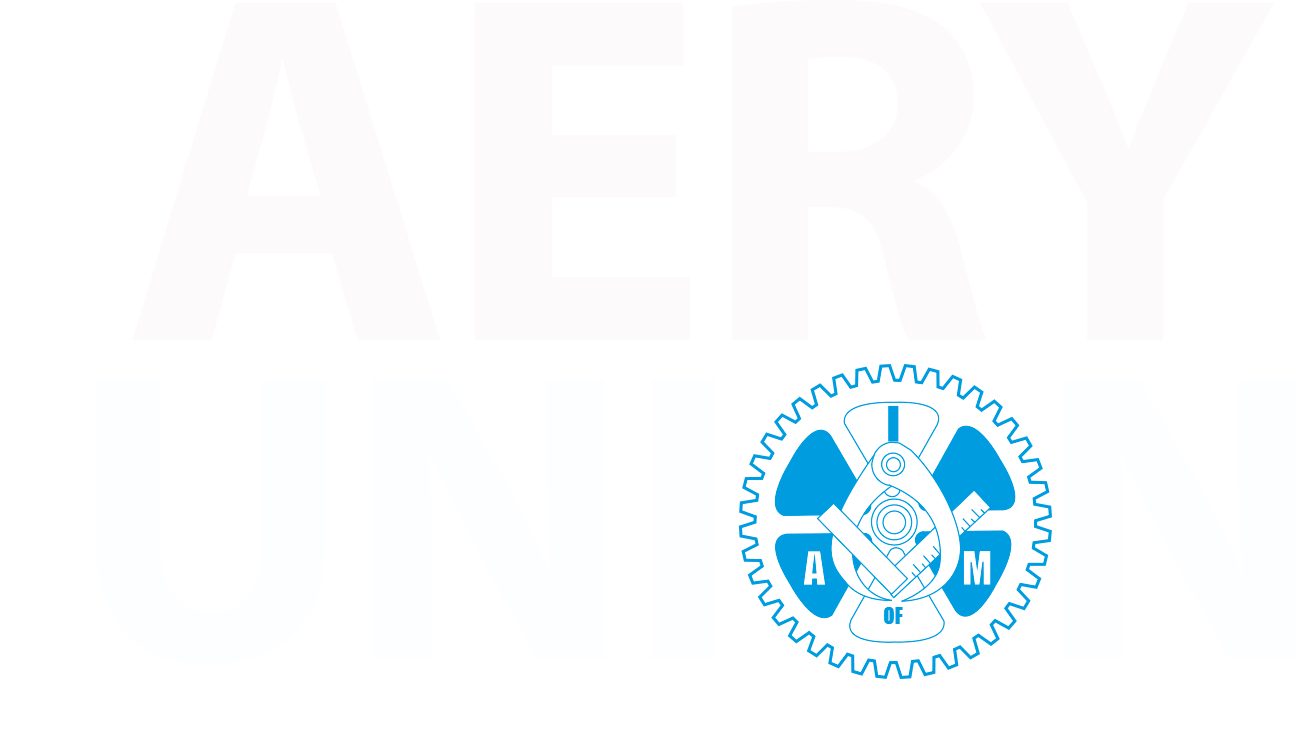What is Right to Work?
Some of your co-workers have asked questions about right to work laws and how they impact your ability to form a union at Konikoff. Right to work laws do NOT make unions illegal. In fact, there are more than 150,000 union members in Virginia.

What is right to work?
Right to work is a law that prohibits companies and unions from negotiating a collective bargaining agreement (CBA) that includes a “union security provision” that requires covered employees to pay either union dues or agency fees.
Does that make unions illegal?
NO. It does NOT make Unions illegal. Rather, it makes “union security provisions” in collective bargaining illegal.
What are union security provisions?
Union security provisions require individuals who choose not to join the union to pay agency fees. The fee helps pay the administrative costs of making sure the contract (CBA) is followed. It should be noted that union security provisions aren’t automatic; they have to be negotiated into a CBA. A right to work law prevents this, which ultimately reduces resources used to enforce the collective bargaining agreement and fight for stronger contracts in the future.
Is Virginia a right to work state?
Yes, Virginia is one of the 26 states with right to work laws on the books. Again, that DOES NOT make unions illegal in Virginia or the other states. It only prevents the union’s ability to negotiate a union security clause. Currently, there are more than 150,000 Union members in Virginia. The IAM alone represents nearly 6,000 members in Virginia.
What is the Union’s position on right to work?
The union fundamentally opposes right to work laws. Federal law already protects workers who don’t want to be a member of the union. The Supreme Court ruled decades ago that no one can be forced to be a member of a union, although they can be required to pay fees related to the cost of representation. Density is very important when it comes to union membership. The more individuals who choose to join the union, the more power workers have at the bargaining table to negotiate better wages and benefits with their employer.
Why should I pay dues if I don’t have to?
An employee who chooses to not be a member of the union under right to work must still be legally represented by the union. They are covered by the contract and enjoy the same wages and benefits as union members. In addition, our union must represent non-members including pursuing grievances and contract violations on their behalf. Those actions use vital resources paid for with union dues, making it unfair to those who loyally pay dues. Again, it also diminishes the bargaining power of the group when some refuse to join the union and work together with their peers for the betterment of all.
Are there any benefits members have in right to work states that non-members don’t have?
Yes. Non-members have no rights of IAM membership beyond the contract. He or she cannot attend IAM membership functions. He or she cannot be a candidate for any IAM position including union steward and cannot vote in any IAM elections. A non-member also can’t participate in programs open only to union members, like the IAM’s free college program. Most importantly, he or she cannot participate in membership surveys, monthly meetings or
negotiation activities and they most definitely are not allowed to take part in a contract ratification vote.
